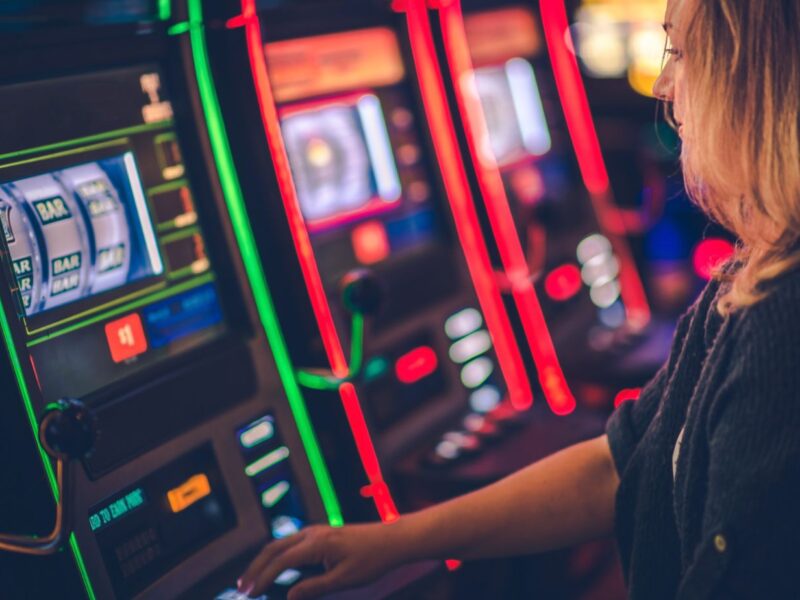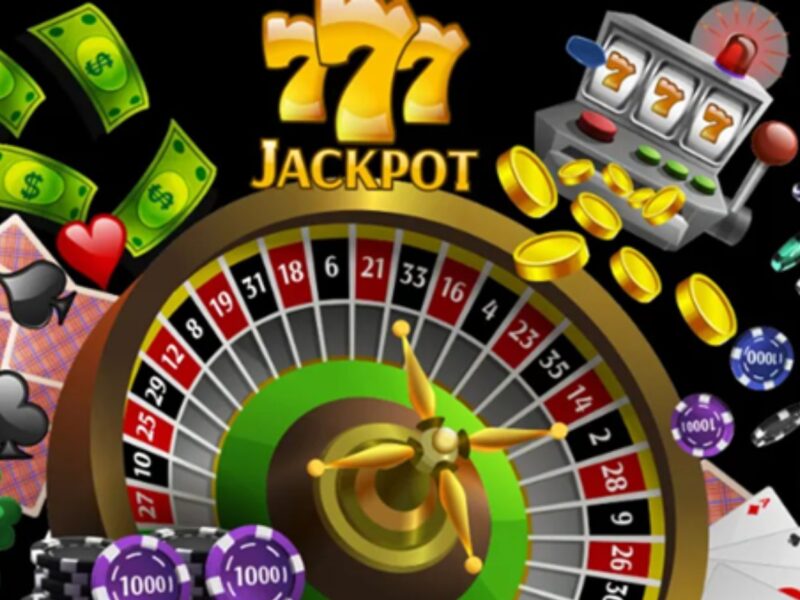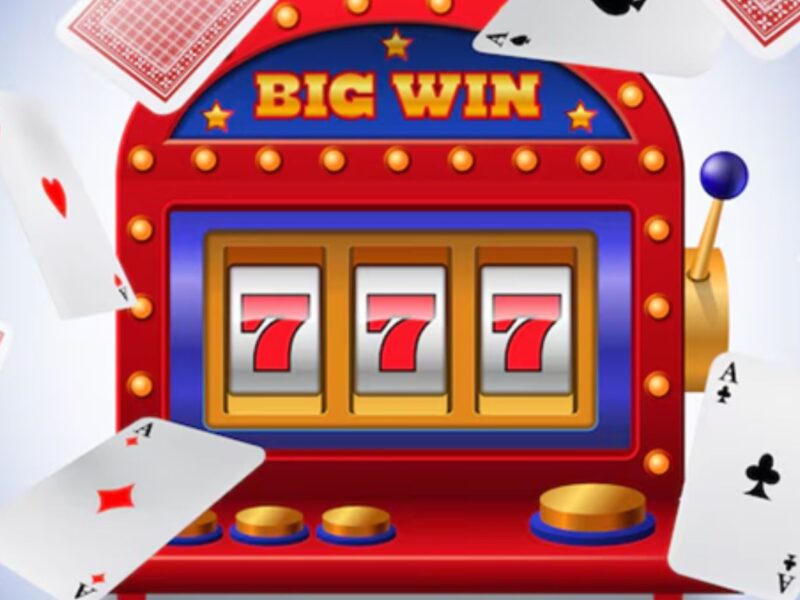Table of Contents
Gambling is an old activity in human history, a good example being six-sided dice that date back to 3000 BC. For a long time, people have been misunderstanding gambling as a moral vice or fun pastime, but unfortunately, gambling addiction consequences are real, too.
What is Gambling Addiction?
It is a complex issue affecting people from different walks of life. Gambling addiction is not all the thrill of losing or winning money. It is one of the most serious mental health issues, which might result in diminished life quality, strained relationships, and financial ruin. Studies show that the problem is rooted in environmental factors, mental health problems, and genetic predisposition. Understanding the causes of this problem is important for effective and anonymous gambling therapy as well as long-term recovery.
Causes
Addictions, regardless of the action or substance, find their core cause in psychology. Although most people may start to take or do something as a habit, addictions form when people become psychologically dependent. Gamblers Anonymous further explains that gamblers usually feel they may control all their activities whereas compulsive gamblers are in fact being controlled by those activities.
Symptoms
Gambling addicts always try to hide their problem, but the truth is that this kind of addiction is challenging to conceal. Even when you gamble right at home where there is no one around, the problem may start showing itself in other aspects of your life. Here is a snippet of what you can experience:
- Gambling so you can feel good about life
- Lying about the habit
- Taking bigger risks when gambling
- Feeling guilty after gambling sessions
- Stealing cash to gamble
Diagnosis
If you start realizing that you have an issue with gambling, consider talking to a healthcare provider about the evaluation or seek assistance from your mental health expert.

In order to evaluate the problem, a medical care experience will ask various related to the habit, do an assessment of your mental health, and overview your health/medical information.
Treatment
Healthcare experts use different ways to treat the problem. These ways may include therapy and medications, like CBT, modafinil, escitaliopram, citalopram, divalproex, lithium, olanzapine, and nalmefene.
Benefits of Gambling Addiction Treatment/Therapy
Some people gamble to numb feelings, like guilt, joy, sadness, shame, fear, anger, and anxiety. Through therapy and treatment, gambling addicts can identify those feelings and even respond to them constructively. Here are some of the benefits of therapy/treatment:
Managing Triggers
Through CBT (Cognitive Behavioral Therapy), therapists challenge different faulty beliefs surrounding gambling and teach people mindfulness strategies so as to control those triggers, concentrating on gaining more control instead of improving gaming skills.
Harm Reduction
Therapists address issues about settling debts and emphasizing the need to avoid future harm.

Creating a new life blueprint minimizes post-addiction anxieties as well as concentrates on harm reduction instead of eradication.
Emotional Regulation
Therapy helps clients to identify as well as manage previously numbed emotions by gambling; thus nurturing healthier responses to anxiety and anger, among other feelings.
Like other addictions, gambling addiction will be challenging to stop. You might find it very embarrassing to admit that you already have an issue, especially since most people gamble without developing the problem. But overcoming the embarrassment or shame, which you feel can be a great step on your recovery journey.







